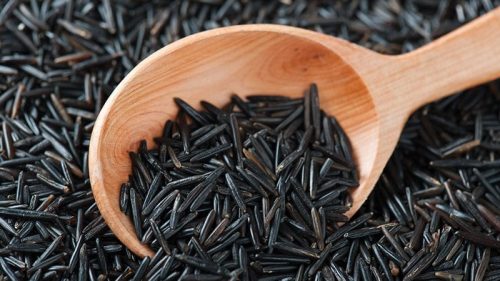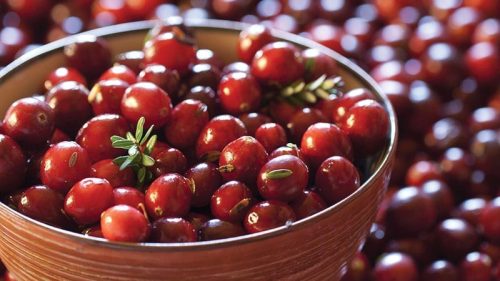The US Food and Drug Administration (FDA) has released a public inventory of certain food ingredients that the agency has determined to have unsafe uses in food because they are unapproved food additives and lists of select chemicals currently under the agency’s review. The FDA also released a Conversations with experts about the agency’s work to enhance the assessment of ingredients in foods on the market. These resources are intended to provide more insight on the FDA’s post-market assessments.
In addition to the FDA’s pre-market programs, the agency’s active post-market monitoring of new safety information related to food ingredients is also essential to the safety of the US food supply. Under the Federal Food, Drug, and Cosmetic (FD&C) Act, any ingredient used or intended for use in food must be authorized by the FDA for use as a food additive unless that use is Generally Recognized As Safe or GRAS by qualified experts or meets a listed exception to the food additive definition in the FD&C Act. An unapproved food additive is deemed to be unsafe under the FD&C Act.
The inventory includes some of the FDA’s post-market assessments of food ingredients and may include links to some activities related to such an ingredient since 2004. When the FDA becomes aware of an ingredient for which there is no authorization as a food additive, the FDA reviews the regulatory status of this ingredient, including whether the publicly available data and information show the use is safe and meets the GRAS standard. This determination informs the agency’s actions to protect public health, including enforcement actions and other post-market activities that warn manufacturers and the public of unsafe food additives and can result in the removal of unsafe products from the market.
This inventory is not intended to be a complete list of food ingredients that may be unlawful if used in food and may not include all post-market activities the agency has taken with respect to unsafe food additives. Specifically, the inventory includes the name of the unsafe food additive, information about some post-market activities and public communications, and the FDA’s memo that describes reviews in which the agency concluded the use of the ingredient did not meet the GRAS standard. The post-market activities include warning letters, import alerts, seizures and injunctions.
The lists that were also made available, include select ingredients considered GRAS, food and color additives, food contact substances, and contaminants currently under FDA review. These represent some of the chemicals of interest to the agency and those that are of high interest among stakeholders who have asked the FDA to review their safety. The FDA anticipates updating the inventory and these lists periodically.
Lastly, the Conversations with Experts features Dr. Kristi Muldoon-Jacobs, acting Director of the Office of Food Additive Safety, sharing her insight about the FDA’s current post-market assessment of ingredients and food contact substances and how we envision enhancing our approach to support this work.
The FDA’s assessment of chemicals in the food supply is part of our commitment to food safety.
For More Information
Post-market Determinations that the Use of a Substance is Not GRAS
FDA Works to Enhance the Assessment of Ingredients in Foods and Food Contact Substances on the Market
Lists of Select Chemicals in the Food Supply Under FDA Review
Food Chemical Safety





